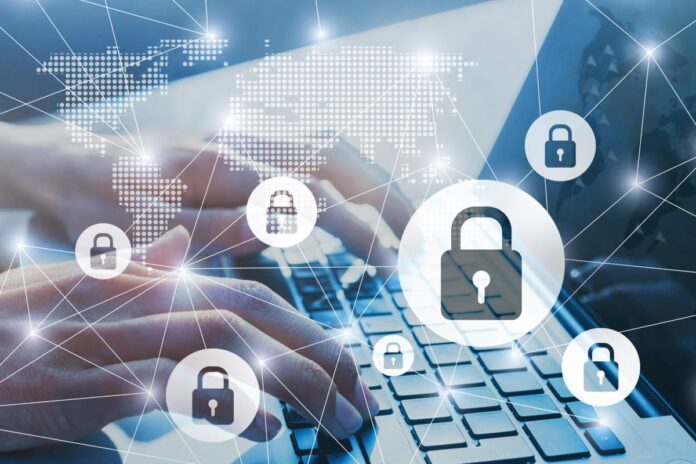
Technology has impacted our lives immeasurably and the majority of the world’s population is now online in some capacity.
These developments have brought about incredible benefits to our way of life, but as technology continues to advance, so does the risk of having your data breached.
Cyber security and staying safe online are now more important than ever as new technologies make it easier for hackers and malicious third-parties to access your personal data and even your finances.
The rise of cyber-attacks
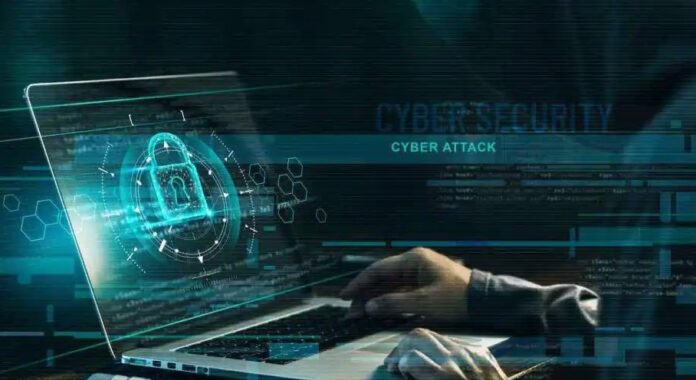
As more and more services move online, people are inputting more of their personal information than ever, leaving them even more vulnerable to cyber-attacks and data leaks.
This doesn’t necessarily mean having their personal accounts hacked or accessed; it could be the company holding this information itself being the victim of a cyber-attack, with vast numbers of users’ information then becoming compromised.
New technology now makes it easier for hackers to launch cyber-attacks. Artificial intelligence and machine learning have become incredibly powerful forms of tech and can be used to launch cyber-attacks with very little monitoring from an actual human.
This technology can find ways of bypassing security systems and gaining access to sensitive or private information and data, and it can also be scaled up to launch attacks on large digital infrastructure, including entire companies.
This not only leaves customers’ or users’ information vulnerable, but it can also lead to services provided by companies being affected and even stopped. If a company providing an important public service falls victim to a cyber-attack, this can have a huge impact on many lives.
Cybercrime is even becoming commercialized, with sophisticated hacking tools now being sold online to those with less computer literacy. Those intending to infiltrate online security systems no longer need to be a technological genius; they can use software and tools developed by others instead.
Technology and cyber security
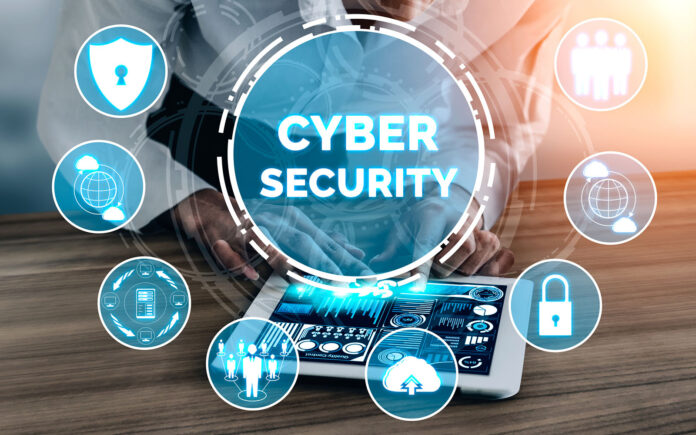
Nowadays, people also don’t just use a computer online; there are countless different devices that people can buy and use, from smartphones and tablets to smart speakers and televisions.
This is known as the Internet of Things (IoT) and it has reached a number of 200 billion connected devices worldwide. Usually, people will connect their devices to one another and their mobile phone will often house a lot of their data.
This opens people up to damaging attacks, as hackers would only need to gain access to one device and would then be able to mine the data on all other connected devices.
In a similar sense, more and more data is stored in the cloud – a virtual storage space that can only be accessed online. People often store photos, documents and other personal things in the cloud. So, as it is online, the cloud itself is vulnerable to attacks and if you have a lot of data or information stored there then you could be leaving yourself at risk.
Of course, it’s not just the technology that hackers and cyber attackers are using that is advancing, but the tech that everyone uses day-to-day. Computers and devices are constantly being updated and new features are innovated and rolled out all the time.
This can make it harder to keep on top of how all of your technology works and, thus, how secure it is from cyber-attacks.
How to protect yourself online
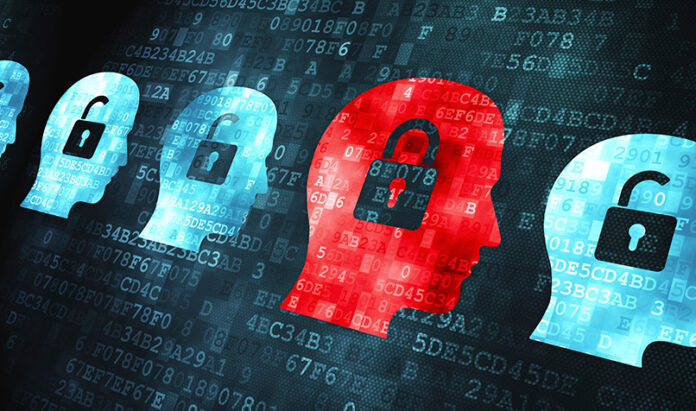
All that being said, there are many ways you can protect yourself online and ensure your cyber security is up to scratch.
One of the most important things you can do is to ensure you only use online services that you know are reputable and safe.
For example, if you do some online gambling, you should always go with a supplier who has a robust security system.This can not only protect you from scams but also hacks and data leaks. This is particularly important for services where you are spending money.
With online gambling sites, you deposit money into a virtual ‘wallet’ to then use for your bets. Where possible, it’s best not to leave too much money in this wallet so that it is not at any further risk.
When creating accounts online, it’s important to use unique and obscure passwords. Never use the same password for different accounts, and always try to make them a combination of numbers, letters and symbols.
The longer the password, the better, as this makes it harder to replicate or guess. You should also avoid using names and important dates to you, as these can also be worked out. It’s good practice to change your passwords regularly, too.
When it comes to protecting your money online, more specifically when banking online, you should always keep on top of your statements and monitor them closely. Keep an eye out for any transactions you don’t recognize and flag them if need be.
Further still, never share your login information with anyone else and this includes card details.
In conclusion
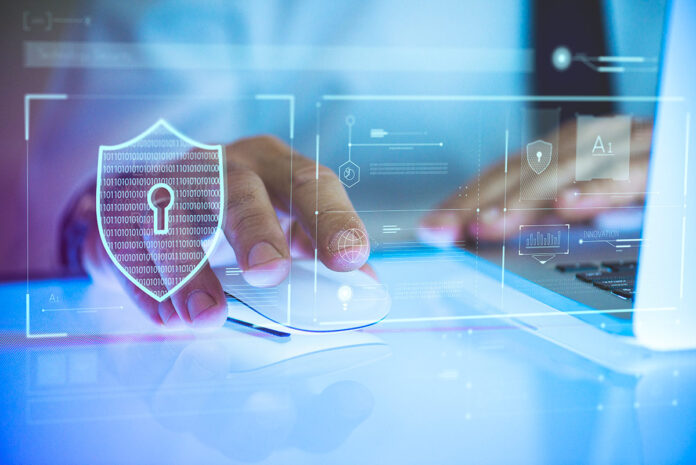
Staying safe online is more important than it’s ever been, mainly due to the fact that advancements in technology have made people more vulnerable to attacks and also armed hackers with more impactful tools.
It’s not just individuals but entire companies that could be at risk, so it’s important for everyone to take as many measures possible to keep their data and information safe online. Powerful risk management tools, like the Prevalent platform, add an extra layer of protection for businessowners and leadership.











